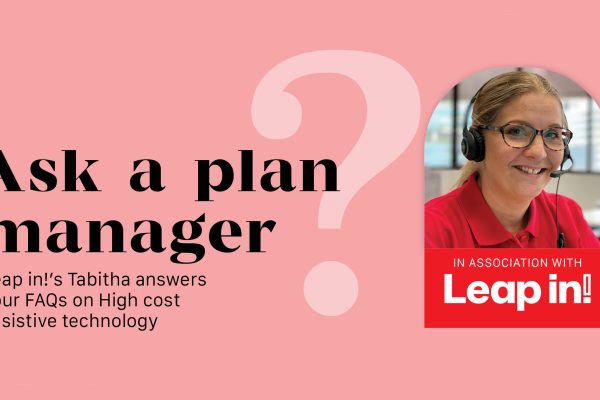
Tips for choosing a physiotherapist
So you have decided your child needs the assistance of a physio. That’s great! So, how do you go about finding a physiotherapist that suits your needs?
There are a number of options:
* You could talk to your child’s GP/Paediatrician.
* Or talk to other parents or teachers at school/childcare/ kindy/ sport and find out if they have seen anyone whom they would recommend – word of mouth is always the best referral!
* Do a search on the internet & check the Source Kids Directory. Do one or two names keep coming up? If that name or service comes up repeatedly, check what sort of conditions that physiotherapist treats. Some physios mainly treat sporting injuries. Others may focus on Cerebral Palsy or respiratory conditions. Others may be great with feet and knees!
In general paediatric physiotherapists are able to care for all of these conditions or refer you to the best person they know. Physiotherapists working with children/young people can be accessed through the public hospital system, community health centres or privately.
First impressions count. When you phone to enquire, the person on the other end of the phone needs to be approachable, friendly, helpful and knowledgeable.
The physiotherapist needs to be flexible with their availability. Do they do hospital, home, school or childcare visits as well as seeing children in their rooms? Do they do combined consultations with other therapists? Do they do play groups or one on one sessions?
At your first appointment get a sense of how the physical space feels. Is the space kid friendly and welcoming? Are age appropriate and clean toys and books available in the waiting area? Do reception staff welcome you, know who you are and make you feel relaxed and comfortable? Is there accessible baby change and toilet facilities?
What can you expect at your first Physio appointment?
You should feel comfortable and find it easy to talk to the physio. Do they listen to you and ask about your current concerns for your child, the NDIS goals you’re working towards, any past history and treatments undertaken? Are they knowledgeable? Do you feel they are capable and caring? The physio should take time to relate to your child and make them feel comfortable too.
Cooperation is about understanding and effective communication; your child should have fun during the assessment.
The physio should explain what will happen in the physio assessment process. Assessment initially involves an interview with you and getting a brief background history. They will then look at your child’s posture and movement. Depending on the age of the child this will be done through play. Some areas they will look at are age appropriate development, flexibility, and balance, strength and co-ordination.
The physio should discuss their assessment findings with you in a manner you can understand and welcome questions from you. They should explain any treatment options, guiding you on why to choose a particular intervention. They should outline a plan of intervention and a time frame for reviews if needed. If your child is old enough the physio should also discuss the treatment options with your child in a manner they can understand!
The physio will also outline ways you can see how things are changing or progressing. It may be that your child acquires a new skill – such as crawling or hopping. It may be a measurement to show how a knee is now straighter. It may be that your child is no longer in pain. Very often you will be given suggestions for activities to do outside of the physio session. Expect to come away with practical user friendly suggestions tailored to your child’s ability.
Dace Johnson is a physiotherapist with Movement Solutions Physiotherapy Practice which aims to maximise your child’s physical potential.






